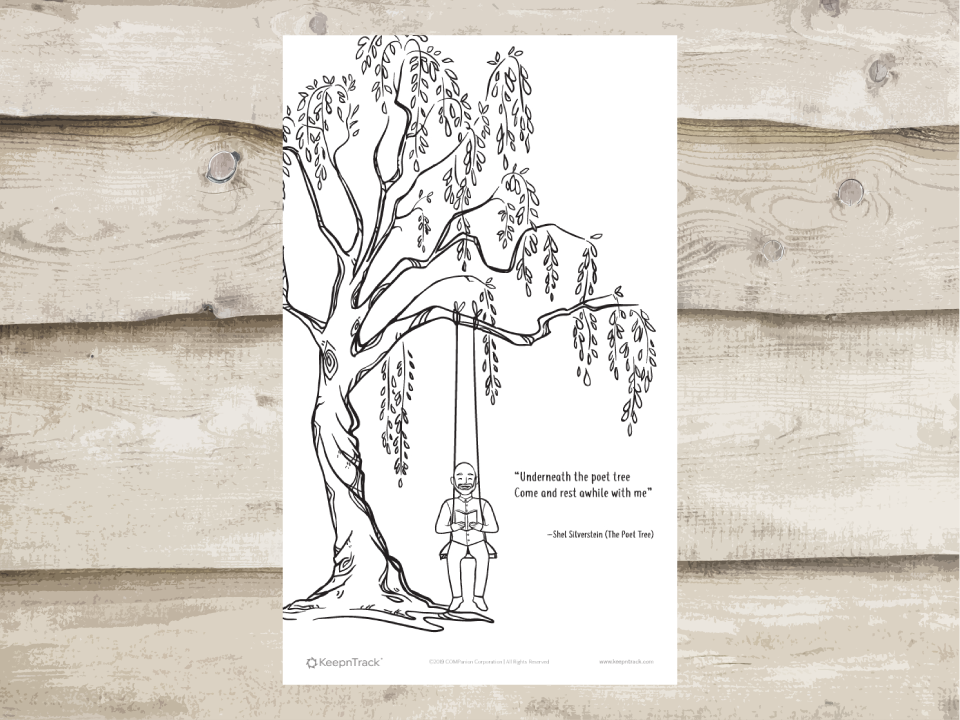
Every School Needs a Librarian: Here’s Why.
March 1, 2019
9 Tools Every School Administrator Should Use
April 2, 2019April is National Poetry Month! Celebrate literature and the great poets of history with students. Download our poster and check out the amazing educational benefits of reading poetry.
Check out these lesson plans from Shel Silverstein’s website—the perfect resource if you are looking for lesson plan ideas for National Poetry Month!
Shel Silverstein
Shel Silverstein poems are a staple for kids learning poetry! His poems incorporate the use of word choice, rhythm, metaphors, and imagery to engage the reader. Students love Silverstein because of his fun and humorous imagination.Check out these lesson plans from Shel Silverstein’s website—the perfect resource if you are looking for lesson plan ideas for National Poetry Month!

Educational Benefits of Reading Poetry
Building Reading, Speaking, and Listening Skills
Poetry helps to build essential reading and writing skills for students. It is especially useful to read poems aloud, improving speaking and listening. Students are also able to develop their reading comprehension by making connections and visualization of the poem. Children can learn about phonics and letter sounds by listening for and locating rhyming words. A poem can be used to teach sentence structure, parts of speech, and other grammar skills.Raising Awareness of Words
Words in poetry are selected with care–every word in a poem fits, and it fits for a reason! Poetry exposes students to new words and helps them to grow their vocabulary. Applied word choice creates rhythm, alliteration, metaphors, phonetics, and more to create meaning.Poetry Makes Better Learners
Lastly, poetry improves literacy by linking memory with audio and visual cues that help children recognize patterns, make logical next-step conclusions, and give students an advantage when learning anything from new languages to math.Here are a few ideas in how you can incorporate poetry learning activities:
- Ask students to find the synonyms, antonyms, nouns, verbs, and adjectives in poems. Ask students how the poem’s word choice contribute to the meaning of the poem, then ask how changing the words changes the meaning.
- Paraphrase a short poem. Show students how the poem can go from a rhyme to a prose paragraph. This illustrates a difference and changes up the tone, meaning, and impact.

Track, Manage + Report
Are you looking for gaps to improve efficiency and reduce administrative costs? KeepnTrack has endless options to fit your unique needs, such as:- Screen Visitors
- Send and Recieve Alerts
- Powerful Reports for State and Local Boards
- Track Volunteer and Visitor Hours
- and so much more!




